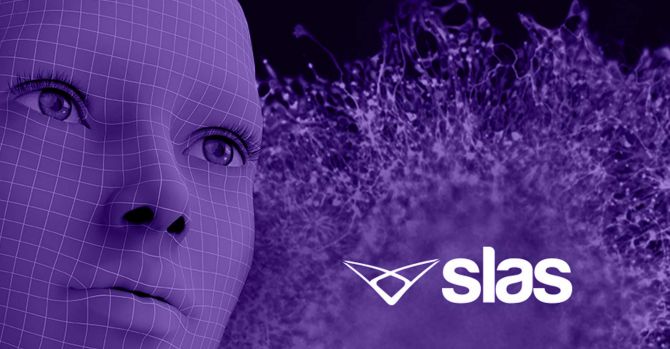
“Chronic immune activation and elevated numbers of circulating activated monocytes (CD16) are implicated in HIV-associated neuroinflammation.
The objective was to compare the level of circulating CD16 monocytes and interferon-γ-inducible protein 10 (IP-10) between HIV-infected cannabis users (HIV+MJ+) and non-cannabis users (HIV+MJ-), and determine whether in vitro Δ-Tetrahydrocannabinol (THC), a constituent of cannabis, affected CD16 expression as well as IP-10 production by monocytes.
RESULTS:
HIV+MJ+ donors possessed a lower level of circulating CD16 monocytes and serum IP-10, compared to HIV+MJ- donors. Further, monocytes from HIV+MJ+ donors were unable to induce CD16 expression when treated with in vitro IFNα, while HIV-MJ- and HIV+MJ- donors displayed pronounced CD16 induction, suggesting anti-inflammatory effects by cannabis.
CONCLUSIONS:
Components of cannabis, including THC, may decelerate peripheral monocyte processes that are implicated in HIV-associated neuroinflammation.” https://www.ncbi.nlm.nih.gov/pubmed/29194121
http://journals.lww.com/aidsonline/Abstract/publishahead/HIV_infected_cannabis_users_have_lower_circulating.97348.aspx
“Medical Cannabis May Improve Neurocognitive Disorder in Patients With HIV. Medical marijuana could help prevent the development of neurocognitive disorders in patients with HIV, according to a new study. Tetrahydrocannabinol (THC), the prominent compound in marijuana, was found to slow the process of neurodegeneration — a condition common in about half of all patients with HIV — according to a study from researchers at Michigan State University (MSU).” https://www.specialtypharmacytimes.com/news/medical-cannabis-may-improve-neurocognitive-disorder-in-patients-with-hiv
“Marijuana may help HIV patients keep mental stamina longer. Norbert Kaminski, director of Michigan State University‘s Institute for Integrative Toxicology, has found that a chemical in marijuana, known as THC, can potentially slow the process of mental decline that can occur in up to 50 percent of HIV patients.” https://medicalxpress.com/news/2017-12-marijuana-hiv-patients-mental-stamina.html
“New Research Says A Chemical in Marijuana May Help HIV Patients Maintain Their Mental Fortitude. “The patients who didn’t smoke marijuana had a very high level of inflammatory cells compared to those who did use. In fact, those who used marijuana had levels pretty close to a healthy person not infected with HIV.”” http://game360.co/2017/12/new-research-says-chemical-marijuana-may-help-hiv-patients-maintain-mental-fortitude/
“Cannabis could prevent mental decline in up to 50 percent of HIV sufferers, new research reveals. Patients who use marijuana have fewer inflammatory white blood cells, which are involved in the immune system, a study found. This could save infected people from mental decline, which affects up to 50 percent of sufferers due to ongoing inflammation in the brain as a result of the immune system constantly fighting the virus. Lead author Professor Norbert Kaminski from Michigan State University, said: ‘Those who used marijuana had [inflammatory cell] levels pretty close to a healthy person not infected with HIV.'” http://www.dailymail.co.uk/health/article-5174379/Cannabis-prevent-mental-decline-HIV-sufferers.html
“Marijuana may help increase mental strength in HIV patients” http://www.timesnownews.com/health/article/marijuana-may-help-increase-mental-strength-in-hiv-patients/145504









